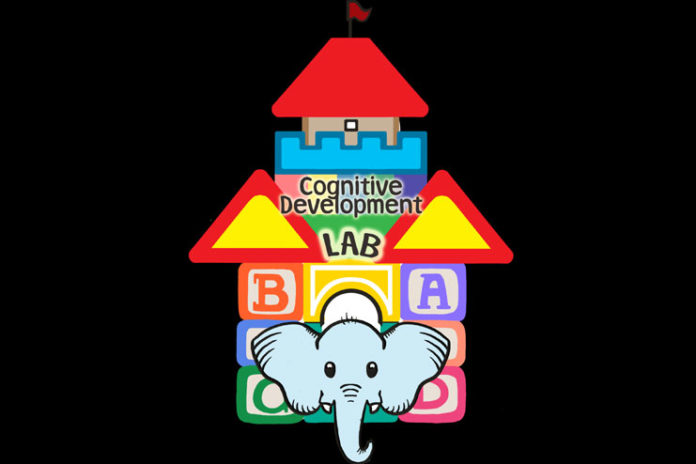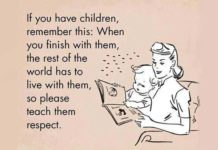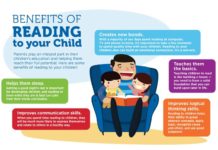All Children progress through a series of cognitive development. Cognitive development includes the process of acquiring and processing knowledge, retaining and replenishing it with utmost effects. Stages of cognitive development in children are usually based on Jean Piagets theory which highlights 4 stages every child would proceed through. Cognition includes using conscious and subconscious knowledge and generate new insights with both abstract and intuitive knowledge.Cognitive skills are learning, memory, attention, problem solving, judgement and language.
[Also read: Dealing with children behavior issues]
Stages of cognitive development in children based on Piagets 4 stage throery: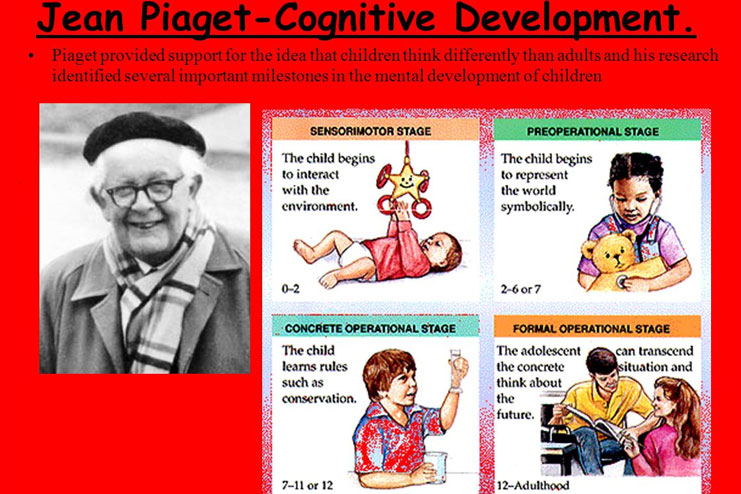
1- Sensorimotor stage: From birth through age 2: Object permanence and stranger anxiety
2- Preoperational stage: From 2 through age 7: Pretend play, egocentrism, language development
3- Concrete operational stage: From age 7 through 11 years: Conservation, mathematical transformation
4- Formal operational stage: From adolescence say age 12 upwards through adulthood: Abstract logic, Moral reasoning
According to most, this is the chronology of cognitive development. Every child would follow this sequence and at every stage they are enriched for better understanding of the world. Cognition is not an absolute measure, a series of activities and signs are studied to check the child’s development. Children may also show some further stage signs early on and some may even delay all the signs at a particular stage, but they would eventually follow this sequence broadly.
Stages of cognitive development in simpler terms, based on the milestones to look for: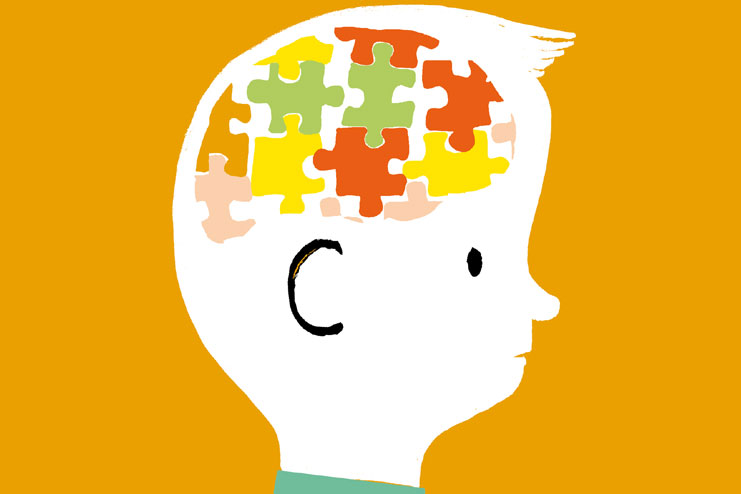
1- One month : Watches things and people
2- Two month: Smiles at familiar things and people, and follows the moving objects around
3- Four months: Starts showing interest in familiar things, milk, toy or bottle
4- Five months: Smiles at own image in mirror, Looks for fallen objects
5- Six months: Laughs at peekaboo or other games, may stick the tongue out, imitate the actions, May be shy in front of strangers
6- Seven months: Responds to own name, tries to be vocal and establish contact
7- Eight months: Understands NO, reaches out to objects around
8- Nine months: Shows likes and dislikes. Show excitement of things they like and may resist things they dislike
9- Ten months: Starts to understand few words. Hi5 and wave bye bye. hold legs and arms for dressing up. Start clapping
10- Eleven months: Likes repetitive play and interested in books and activities. Repeats performance that is acknowledged or clapped at
11- Twelve months: Starts understanding simple questions like who is , where is and point out towards it. May kiss and smile on request
12- Fifteen months: Negativism begins, asks by pointing out towards something. Wanting to feed themselves
13- Eighteen months: Follows simple commands, knows some body parts, post to objects familiar with, imitates adults
14- Two years: Names familiar objects. Draws and scribbles with crayons. Identifies basic colors, shapes, animals, flowers and toys by their names. Participates in parallel play
15- Two and a half years: Names several common objects. Interested in exploring sex organs. Helps in arranging, stacking. Gives full name. Peak of negativism.
16- Three years: May speak list of alphabets, numbers, colors, objects etc. Constantly asks questions. Dresses and undresses doll. Draws specific objects, numbers, letters. Asks lots of questions. Tell stories known or read. Participates in group play
17- Four years: Make may silly stories. Draws specific shapes to represent things. May read own name and other familiar words. Pretends to read book.
18- Five years: Tell long stories, identify and write letters, numbers, shapes and all. Asks WHY questions and meaning of words. Understands real and make-believe events.
 Children tend to see things in their absolute forms, like black and white. Adolescents see more relative. They may question assertions than facts.
Children tend to see things in their absolute forms, like black and white. Adolescents see more relative. They may question assertions than facts.
[Also Read: Summer camps at interactive science museums]
Cognitive impairments:
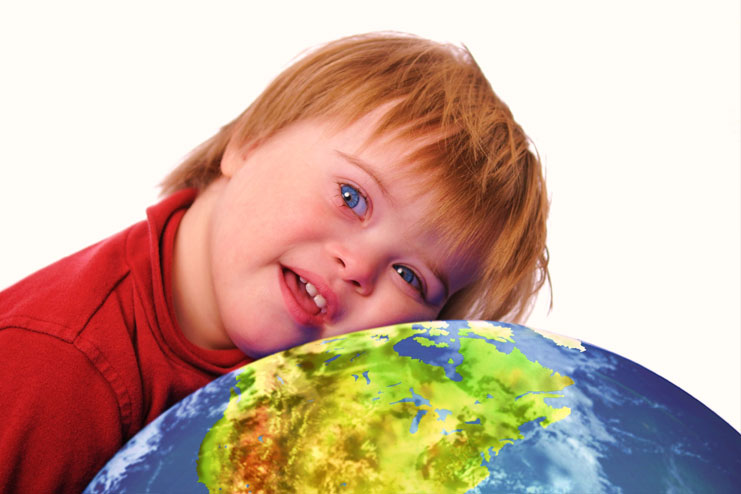 Some children may not follow the above stages and skip a few important ones completely. This may point out to some learning disabilities and thus they must be evaluated and monitored by pediatrician. Some of these learning disabilities may also result in other physical and emotional problems. Keep enriching and stimulating a child for more and more interactive learning and activities. Do not stop a child to imagine and speak. Let development be as happy and healthy as possible.
Some children may not follow the above stages and skip a few important ones completely. This may point out to some learning disabilities and thus they must be evaluated and monitored by pediatrician. Some of these learning disabilities may also result in other physical and emotional problems. Keep enriching and stimulating a child for more and more interactive learning and activities. Do not stop a child to imagine and speak. Let development be as happy and healthy as possible.
Check camp navigator for comprehensive camp details on special needs camps and every other camp. Make summer an enriching experience.
By Minu Manisha

